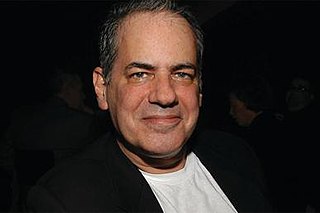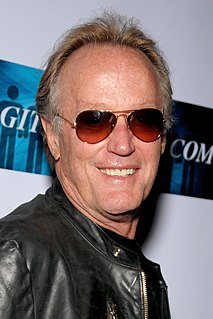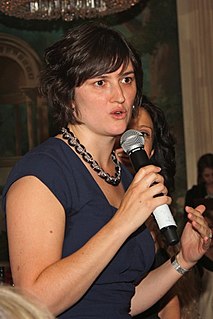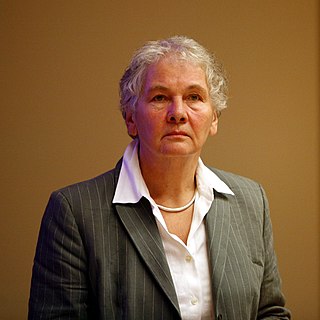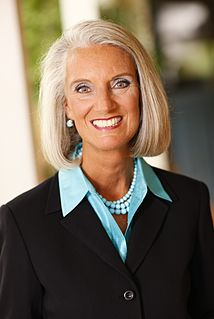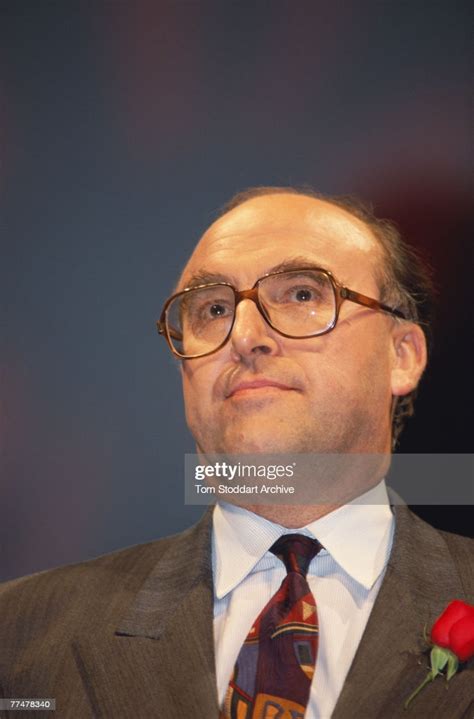A Quote by Herbert Muschamp
We were the children of white flight, the first generation to grow up in postwar American suburbs. By the time the ’60s rolled around, many of us, the gay ones especially, were eager to make a U-turn and fly back the other way. Whether or not the city was obsolete, we couldn’t imagine our personal futures in any other form. The street and the skyline signified to us what the lawn and the highway signified to our parents: a place to breathe free.
Related Quotes
Most birds were created to fly. Being grounded for them is a limitation within their ability to fly, not the other way around. You, on the other hand, were created to be loved. So for you to live as if you were unloved is a limitation, not the other way around. Living unloved is like clipping a bird’s wings and removing its ability to fly. Not something I want for you. Pain has a way of clipping our wings and keeping us from being able to fly. And if left unresolved for very long, you can almost forget that you were ever created to fly in the first place.
I was born in the United States, I'm proud to be an American, I'm an American first. But obviously, I'm a Chinese-American. And growing up, my family, my parents, and I think rightly so didn't put us in Chinatown, didn't put us with our other ethnic group, but put us in mainstream America. They're thinking was that will help us assimilate into the mainstream and be a part of it. And it did. It certainly gave me tolerance of other people, of other races, of other ethnicities and I think that's helped make me a better person.
When it happeneth that a man signifieth unto us two contradictory opinions whereof the one is clearly and directly signified, andthe other either drawn from that by consequence, or not known to be contradictory to it; then (when he is not present to explicate himself better) we are to take the former of his opinions; for that is clearly signified to be his, and directly, whereas the other might proceed from error in the deduction, or ignorance of the repugnancy.
Within forty years of their arrival in the Plymouth colony, the first white settlers were afraid their children had lost the dedication and religious conviction of the founding generation. Ever since, Americans have looked to the next generation not only with love and solicitude but with a good measure of anxiety, worrying whether they themselves were good parents, fearful that their children would not turn out well.
Over the last six months, I've seen what these two futures look like. And six months from now, we'll all be living in one, or the other. But only one. A country where our president either has our back or turns his back; a country that honors our foremothers by moving us forward, or one that forces our generation to re-fight the battles they already won; a country where we mean it when we talk about personal freedom, or one where that freedom doesn't apply to our bodies and our voices.
[17th-century] Puritans were the first modern parents. Like many of us, they looked on their treatment of children as a test of their own self-control. Their goal was not to simply to ensure the child's duty to the family, but to help him or her make personal, individual commitments. They were the first authors to state that children must obey God rather than parents, in case of a clear conflict.
Late one afternoon when returning from town we were met by a few women and children who told us that Mexican troops from some other town had attacked our camp, killed all the warriors of the guard, captured all our ponies, secured our arms, destroyed our supplies, and killed many of our women and children.. when all were counted, I found that my aged mother, my young wife, and my three small children were among the slain.
Desperation compels us to pray with fervent, focused faith - especially when we have no one else to turn to. God honors our faith when we place it in him alone - with no back-up plan, no other recourse, no other way out. He hears and answers our desperate heart cry, because he loves to show himself strong on our behalf.
